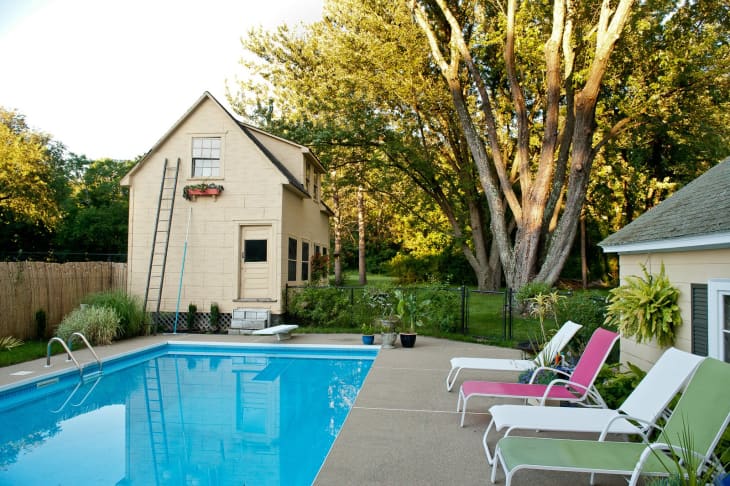There’s a Chlorine Shortage — Here’s What It Means for Your Summer

Welcoming the summer season might be different this year. If you happen to have a pool, keeping it clean might be a bit of a challenge, due to what some are calling “poolmageddon.”
America is in the midst of a nationwide chlorine shortage — the worst of its kind in the country’s history — due to dwindling supplies caused by the pandemic-fueled use of swimming pools and a fire that broke out in a major manufacturing plant in August of last year.
According to Atlanta-based research firm Pkdata, there are about 5.2 million residential inground pools and 255,000 commercial pools in the United States. More are also being built by homeowners as a way to cope from pandemic-related stress. With many swimming pools and very limited supplies of chlorine, experts already have a term for it:
“I call it ‘Poolmageddon,’” Rudy Stankowitz, the CEO of Aquatic Facility Training & Consultants, told CNBC. “A lot of people are not going to be able to find the chlorine tablets they need this season.”
Cody Saliture, owner of Texas Pool Professionals, added that procuring chlorine tablets for his clients has been difficult. “It’s been a concern for us,” he said. “We’ve been to about six states and 15 cities [for supplies].”
But don’t panic just yet. No need to stockpile chlorine tablets like toilet paper in 2020. Alternatives such as hydrogen peroxide, baking soda, UV, or mineral packs also work in keeping your pool clean — just be sure to read up on how to use these options properly before applying them. You could also switch to a saltwater pool system, which generates its own chlorine via electrolysis, and is said to be healthier for swimmers. A natural pool system, meanwhile, uses plants to cleanse the water.
Of course, if you’re living in a city apartment and have a pool of the inflatable variety, you need not worry about Poolmageddon.